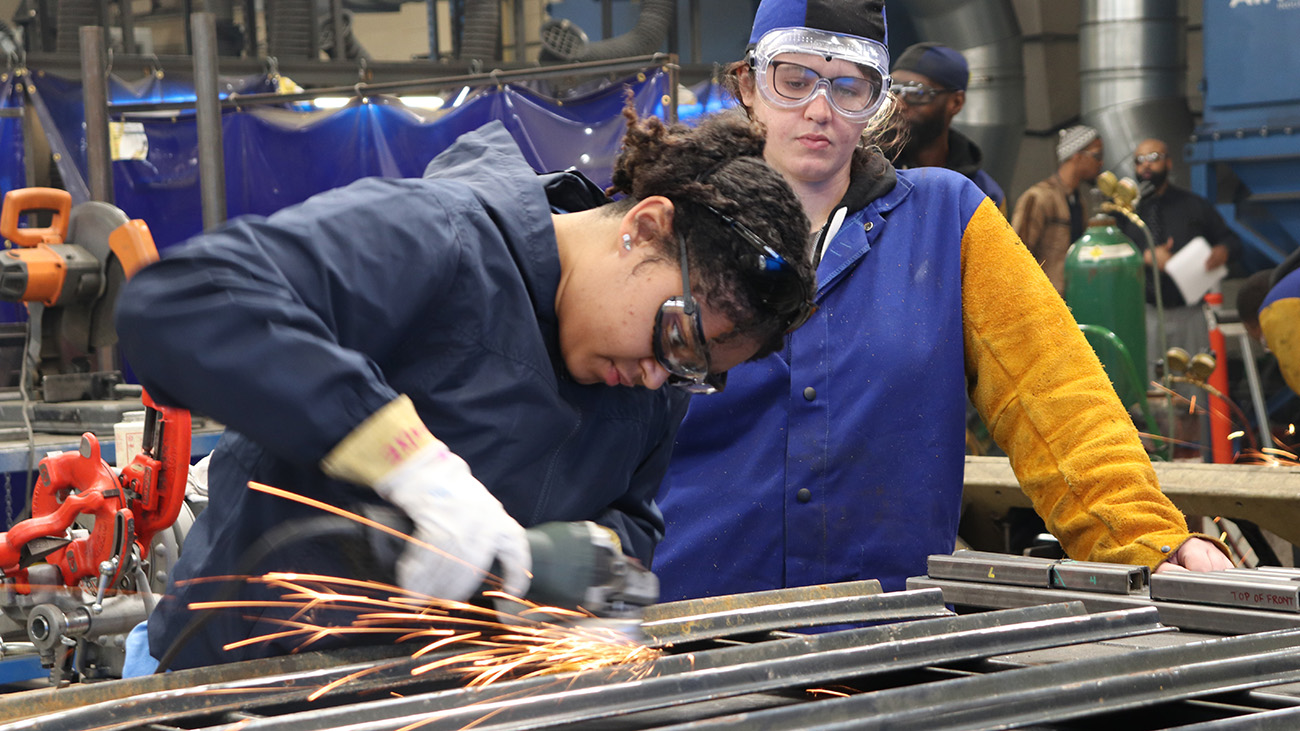
How to Change Careers – Tips, Tricks, and Training
Stuck in a job? Looking for a career change? Read this comprehensive discussion about the tips and tricks on how to change careers.
Why are you changing careers?
When you decide to change your career, it requires you to transfer your experiences and skill to a completely different workplace. Whether you are a teacher who is looking to become a writer or an investment banker who wants to provide financial services for non-profits, a career change will most likely translate to a big shift in your life.
It is never too late to consider a career change. It has been found that almost 32 percent of the workers between 25 and 44 years of age plan to change their careers. There are many reasons that could motivate people to change their careers.
Salary
Majority of the people change their careers in the hope of an increased salary. Since the average pay hike has been found to be 3 percent to 5 percent, the best way you can get a significant pay raise is by changing your career.
Job satisfaction
Many people consider shifting to a new career because of lack of job satisfaction. When you are feeling stuck in your career and feel that there is little opportunity to grow in the field, the best bet is to change your career.
Dissatisfaction with leadership
People often feel compelled to move to a new career or job because they are unsatisfied with leadership management. Problems in leadership management can come in the form of low compensation, minimal benefits, and lack of recognition, and it often leads to productivity issues among the workers.
Flexibility
It could be that a person requires some level of flexibility in their job to manage their personal life along with their career. So, work-life balance becomes one of the major reasons people prefer to change their careers.
Change in goals
Another reason people shift their careers is because of a change in their philosophy and personal goals. It could be that someone is desirous to work for a social change like supporting the underprivileged or working for the environment.
Career change considerations: finance and lifestyle
Even if you have decided to change your career, there are certain factors which one would have to take into consideration. These factors could include a number of things, from finances and lifestyle, to family and additional free time. It is important to acknowledge some of your commitments to create a framework for what is achievable and what is not. To set realistic goals, you need to find out if you can afford to go without an income and for how long. Time is also an important thing and you should factor in the amount of time you would need to retrain. Besides this, you need to determine if you would be willing to relocate for new job opportunities.
Upskilling and retraining for better opportunities
Another important part of changing your career is the assessment of your current skills and how they would translate into the new role you would be taking up. A good practice before you try upskilling and retraining is to take in a broad overview of your current skills. Once you know about your current skill set, you can add more practical skills to that. Thereafter, think about the study and training you would need to acquire these skills. Research thoroughly before you start any training program and see what qualifications would be required by the new job you are considering.
Your end goal: finding your dream job
A career change should align with your personal goals. Consider the following ideas for narrowing down your dream job.
- For people who want to challenge themselves, self-employment would be a great career change. An entrepreneurial job would allow you to take your career and life into your own hands. You can open a startup or work as a freelancer or a trainer, the options are endless.
- For people who are experiencing burnout, a slow-paced job that allows you space to deal with your mental health would be a better alternative. Some good options in this case are-
- Careers revolving around outdoor activities: You can consider jobs in tourism, which will allow you to take your work-life outdoors. Besides this, landscape designing, gardening, rock climb, or scuba dive instructor are all some interesting options for you.
- Career with work-life balance: You should consider jobs that give you space for your personal life. You can contribute to the community in a tangible way by looking for low-stress commitment jobs in schools, museums, zoos, libraries, etc.
- For people who want stability in the form of good remuneration, benefits, and good superannuation, consider looking for careers that are more financially secure. Some of the jobs which offer financially stable opportunities are in IT, Consulting, Trading, and Finance.
This list is not exhaustive, as there are many careers which you can choose from depending on your personal goals. You can choose to work in teaching, politics, non-profit organizations and even turn your hobby into a career.
How Training Alliance Group can help with retraining and upskilling
The employment services provided by Training Alliance Group (TAG) can help you in the process of your career change. We help in designing your career action plans based on your individual goals. Industry Awareness Experiences will be organized by the Australian Business and Vocational Training institute, which would allow job seekers to develop a deeper understanding of the industry they want to work in. The retraining program consists of goal-setting, communication skills, teamwork, mock interview, resume, and cover letter tailoring.

